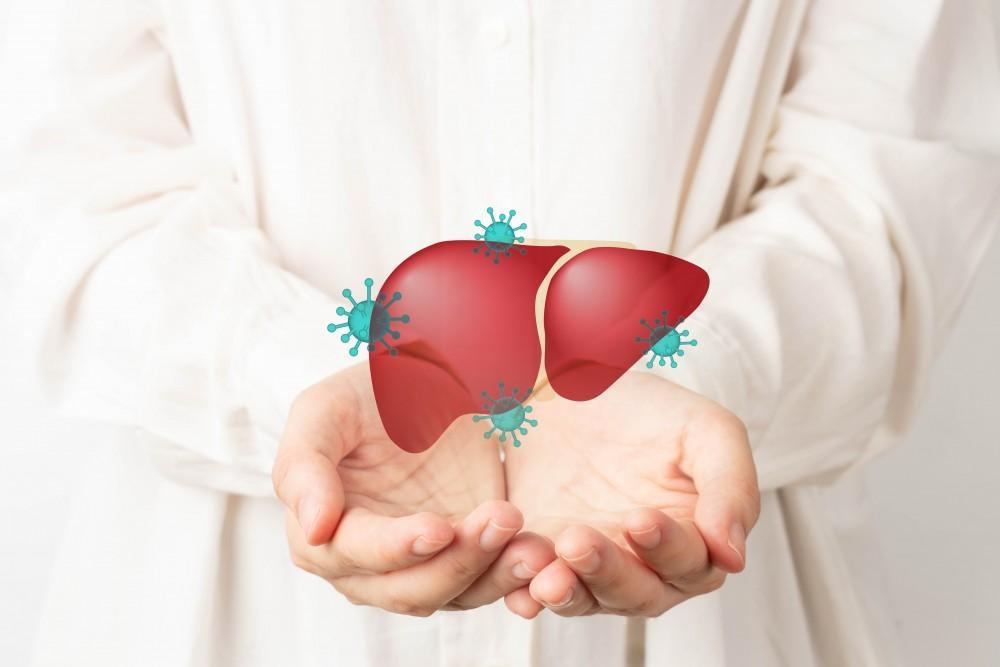What Is Overlap Syndrome?
Overlap Syndrome occurs when a person has both asthma and chronic obstructive pulmonary disease (COPD), making breathing more difficult and affecting quality of life.
Common Causes and Risk Factors
- Smoking -the leading risk factor for COPD and overlap syndrome
- Exposure to air irritants -such as dust, fumes, and Houston air pollution
- Long-term asthma -years of asthma can lead to COPD features
- Family history -genetic predisposition to asthma and COPD
Signs and Symptoms
- Wheezing -a high-pitched whistling sound when you breathe
- Coughing -often productive, with mucus
- Shortness of breath -especially during activity or exercise
- Chest tightness -a feeling of pressure or constriction
- Flare-ups -episodes of worsening breathing that may require urgent care
Expert Treatment for Overlap Syndrome by Dr. Bharat Pothuri
Dr. Pothuri uses a step-by-step approach:
Medical History and Exam
He reviews your pain onset, location, intensity and pattern, along with dietary habits, alcohol use, NSAID or aspirin use, stress levels and family history of GI disease.
Laboratory Tests
Routine blood work (CBC, metabolic panel, liver enzymes) checks for anemia, infection, inflammation or organ dysfunction.
Non-Invasive Testing
- H. pylori breath or stool antigen test to identify Helicobacter infection.
- Abdominal ultrasound to look for gallstones, liver enlargement or pancreatic abnormalities.
Endoscopic Evaluation
Upper endoscopy (EGD) allows direct visualization of the esophagus, stomach and duodenum to diagnose gastritis, peptic ulcers, reflux esophagitis or tumors.
Advanced Testing (if needed)
pH monitoring or esophageal manometry assesses for acid reflux and motility disorders; specialized imaging (CT/MR) can further characterize complex cases.
Frequently Asked Questions
How is asthma-COPD overlap different from asthma?
Overlap syndrome combines the reversible airway constriction of asthma with the persistent, long-term lung damage of COPD, so you experience symptoms of both conditions.
Can overlap syndrome affect my life expectancy?
While severe cases may impact longevity, early diagnosis, proper treatment, and healthy habits-like quitting smoking-allow many people to live well for years.
Is overlap syndrome genetic?
Genetics can play a role, but environmental factors such as smoking, air pollution, and workplace irritants are often major contributors.
How often should I see Dr. Pothuri for monitoring?
Most patients are seen every 3-6 months. Schedule an earlier visit if you experience worsening symptoms or a severe flare-up.
Are inhalers safe for long-term use?
Yes. When used as prescribed, bronchodilators and inhaled steroids are safe and effective for managing chronic symptoms.
Do I need pulmonary rehabilitation?
Many patients benefit from pulmonary rehab's structured exercise, education, and breathing techniques. Dr. Pothuri will recommend it if it suits your needs.












